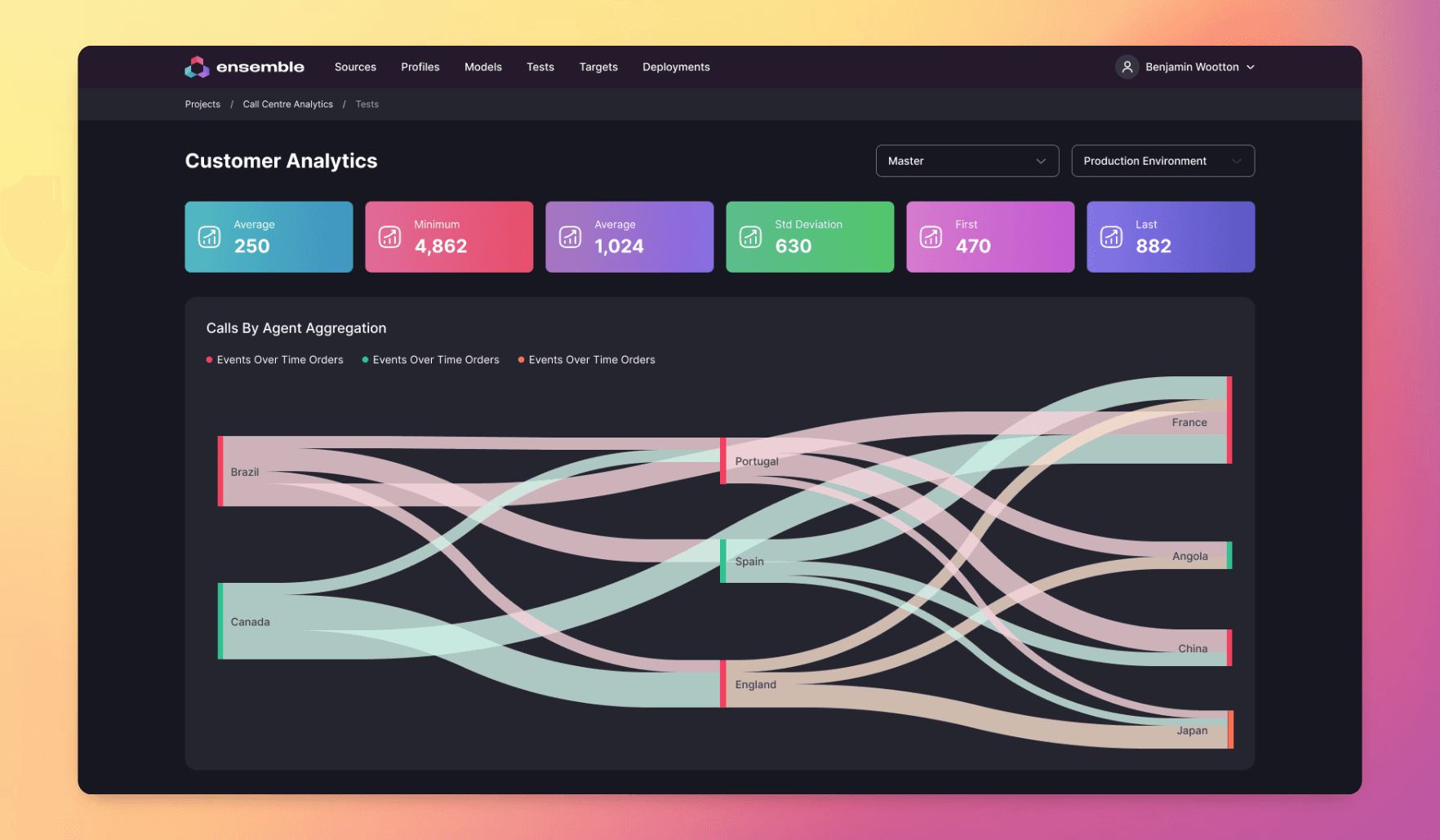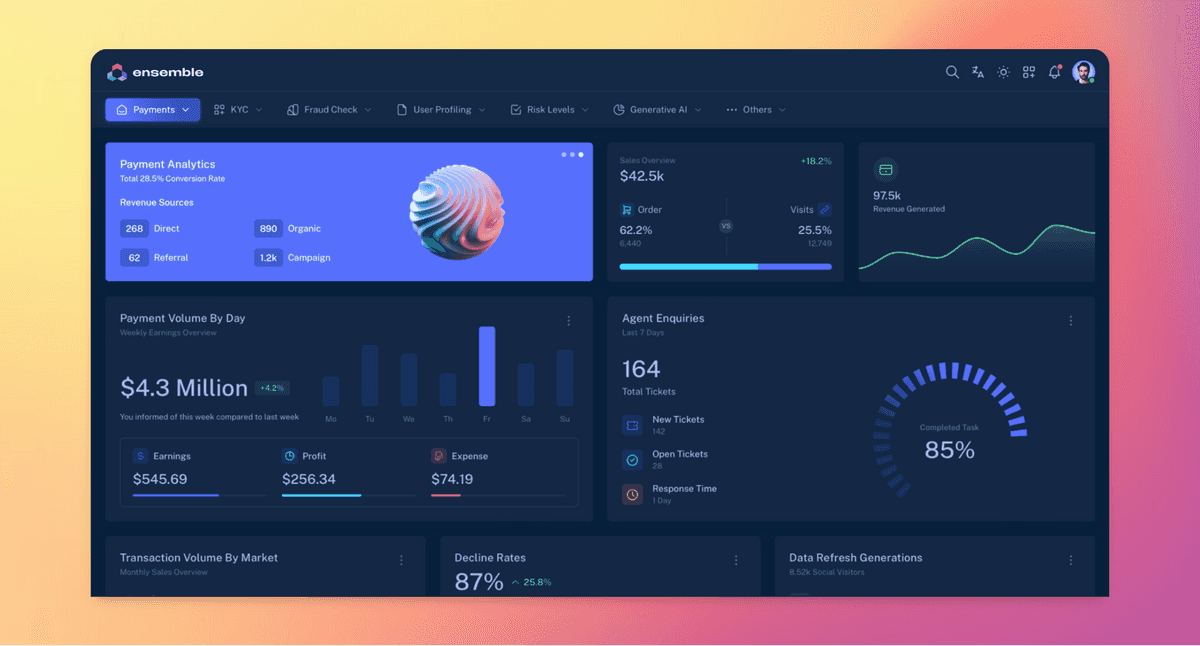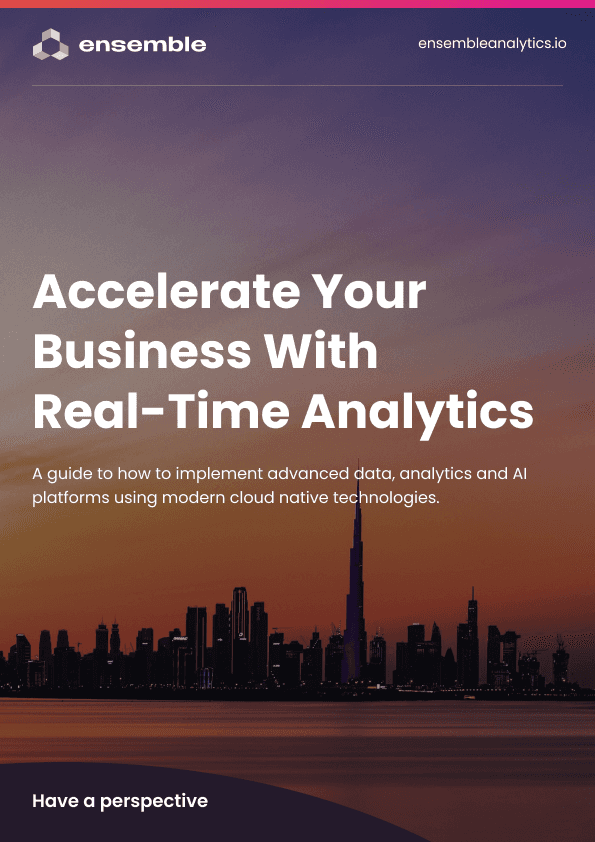
Real-time analytics can enhance forecasting by providing up-to-the-minute insights into data, enabling organisations to make more informed and timely predictions. Here are several ways real-time analytics can be applied for forecasting:
Streaming Data Analysis
Real-time analytics can process and analyze streaming data sources, such as social media feeds, IoT sensors, or transaction logs, to identify emerging trends and patterns.
Dynamic Models
Utilize dynamic and adaptive forecasting models that can be continuously updated with the latest data. This ensures that the models reflect the most current information and adapt to changing conditions.
Demand Forecasting
In retail and supply chain management, real-time analytics can help predict demand fluctuations by analyzing real-time sales data, inventory levels, and external factors (e.g., weather, holidays).
Financial Forecasting
Real-time analytics is valuable in financial forecasting, helping organisations predict market trends, stock prices, and currency exchange rates based on the latest financial data and news.
Supply Chain Optimisation
Real-time analytics can optimize supply chain forecasting by integrating data from various points in the supply chain, including suppliers, manufacturers, and distributors, to predict potential disruptions and optimize inventory levels.
Customer Behaviour Prediction
Real-time analytics can analyze customer interactions, online behavior, and feedback to predict future trends in customer preferences, allowing businesses to tailor their offerings accordingly.
Human Resource Planning
Real-time analytics can assist in workforce planning by analyzing employee data, performance metrics, and external factors to forecast staffing needs, identify skill gaps, and optimize workforce allocation.
To implement real-time forecasting, organisations need robust analytics platforms, machine learning models, and the ability to ingest, process, and analyze data in real time. The integration of real-time analytics into forecasting processes allows organisations to respond quickly to changing conditions, make data-driven decisions, and stay ahead of the curve in dynamic environments.
Technical Foundations
Unfortunately, traditional tools and approaches to data and analytics do not scale to deliver solutions like this.
There are too many delays in the process, and the systems often used are not performant enough to process high volumes of data with low latency. In addition, traditional business intelligence tools are not rich and flexible enough to meet the business demands.
This technology stack needs to be re-invented for the cloud, with tools and architectural patterns that are built for real-time advanced use cases and predictive analytics:

Introducing Ensemble
We are Ensemble, and we help enterprise organisations build and run sophisticated data, analytics and AI systems that drive growth, increase efficiency, enhance their customer experience and reduce risks.
We have a particular focus on ClickHouse, the fastest open-source database in the market, which we believe is the fastest best data platform for systems like this.
Want to learn more? Visit our home page or download our free report that describes the process for implementing advanced analytics in your business.



